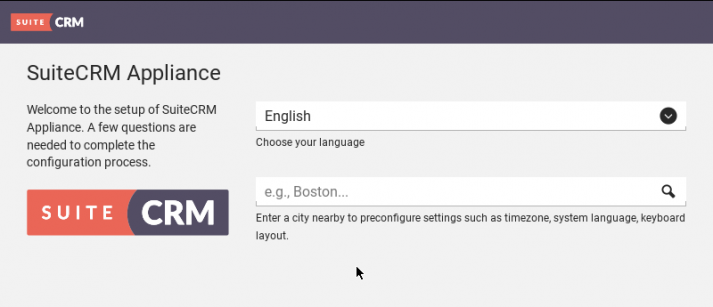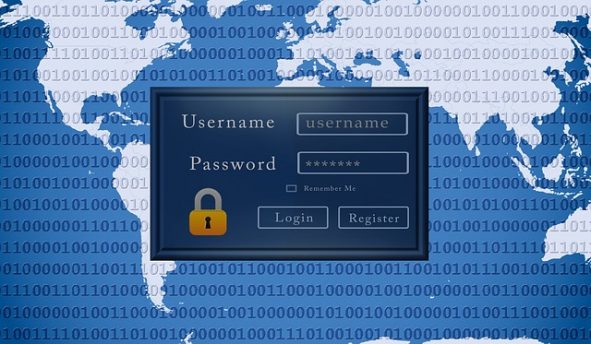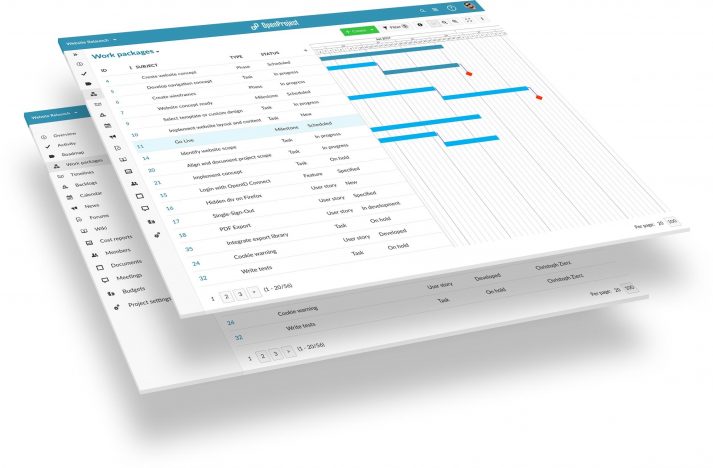New: UCS 4.2 App Appliances in Own Corporate Branding
Our App Center team has been busy as usual, releasing four Apps from the Univention App Center as App Appliances. An App Appliance bundles UCS and an App in a virtual machine. The Appliances are available for the virtualization and cloud formats KVM, VMware, and VirtualBox. In addition to the pre-configured App, they also contain a pre-configured UCS system and a management system for administrating the App itself and its users. App Appliances are thus a particularly easy way to start an App without having to install it via the in UCS integrated Univention App Center.









